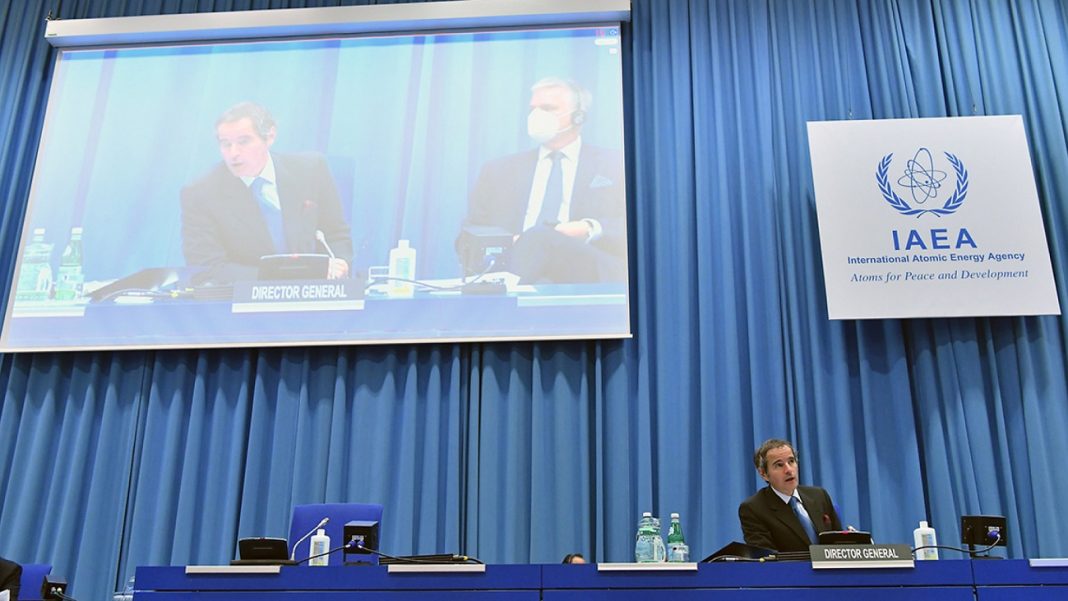In the report the IAEA secretary general said Iran has failed to give technically credible responses to the agency as to the discovery of nuclear traces outside Tehran.
Hassen Beheshtipour, told Khabaronline news outlet, the report is by any metric negative and that the IAEA expected Iran to respond to its questions in the past three months.
Beheshtipour added that Iran’s responses failed to convince the agency.
He also said the effect of the IAEA report will be seen in the meeting of the Board of Governors which will happen in the next few days.
Beheshtipour noted that the current anti-Iran atmosphere will increase the likelihood of the approval of a resolution against Iran at the board.
He said the IAEA statutes stipulate that all 35 members of the board must vote yes for a resolution to be approved, but since 2006-2007 when the body issued a resolution against Iran and sent the country’s case to the UN Security Council, the motion was approved by a majority vote, not a full one.
Beheshtipour said the approval of a new resolution will mark the beginning of efforts to open a new file against Iran. Beheshtipour further said all the pages of such a file will constitute documentation against the Islamic Republic and that our description of such resolutions as oppressive or unacceptable will have no effect on them whatsoever.
He however stressed that the resolutions will have no economic impact because the economic situation in Iran could not be worse than what it is now.
The political expert noted that in any case, Iran must try to not let history repeat itself.
